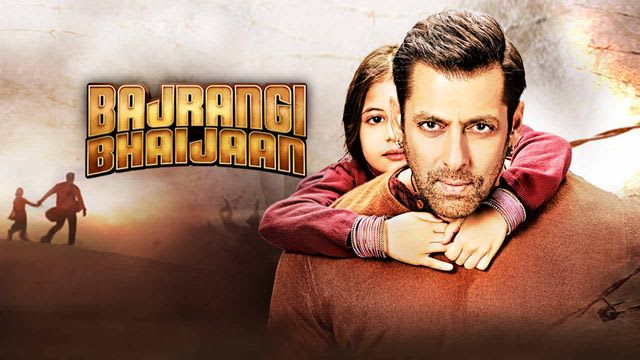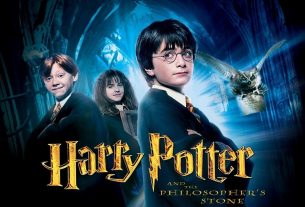The largest-scale picture in human history has been filmed nakedly. What is the metaphor of this movie?
Today’s Hollywood action movies mostly contain three essential elements.
One is international superstars with box office appeal, such as Robert Downey Jr., Chris Evans and Dawn Johnson.
The second is to ensure realistic visual special effects, to awe the audience with grand scenes, especially the Marvel universe movies.
The third is the series of IPs that have created box office success, such as the “Godzilla” series, the “Jurassic Park” series, and the “Fast and Furious” series.
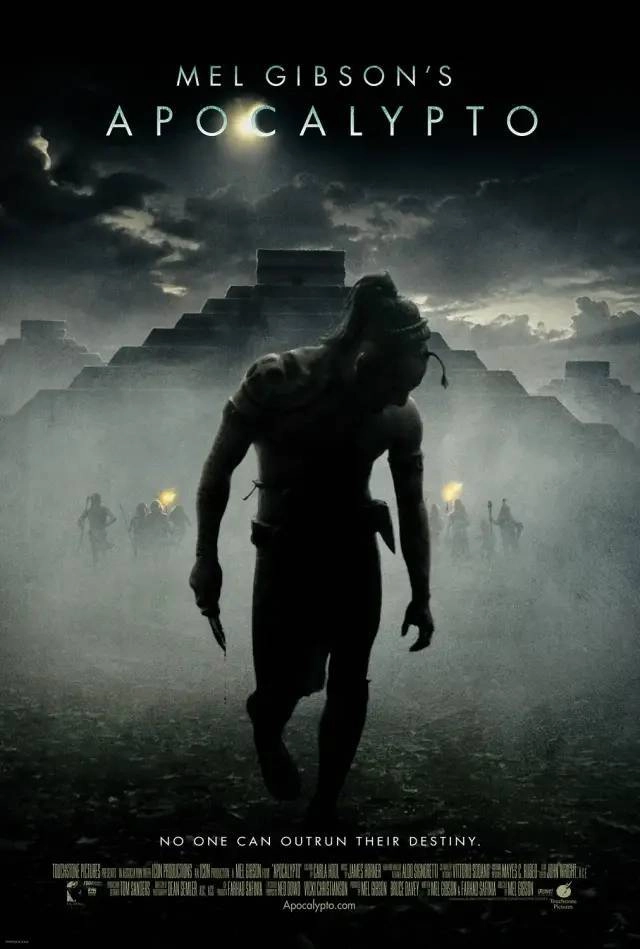
However, the 2006 film “Apocalypto” directed by Mel Gibson did not follow this creative rule.
It is also an A great production film, without any well-known actors, and very few special effects scenes, and it is a story focusing on Mayan civilization in the 16th century.
But it does not prevent it from becoming a classic.
Douban scores 8.6, better than 97% of action movies, unique shooting techniques, and unprecedented Mayan stories, so that “Apocalypto” can still afford “an immersive no-pee-point” stunning action movie.
The story begins in a tropical rainforest in Central America.
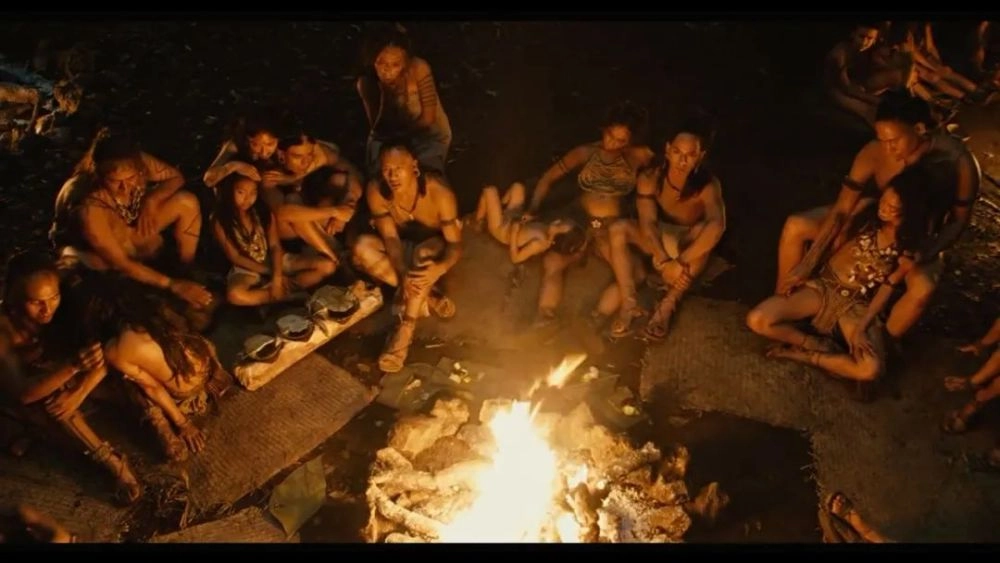
The male protagonist, Indian Jaguar Paw, has lived in the forest with his father, hunting in the flaming sky. The small tribe he belongs to, although the conditions are simple, but there is no lack of a warm atmosphere of laughter and laughter.
Sometimes, a group of young and energetic men will tease another companion who has no children for a long time.
Use absurd methods such as swallowing tapir testicles, or applying chili peppers to the lower body to mate, etc., to tease this companion as a daily pleasure.

But more often, members of the tribe cuddled with each other, gathered in front of the bonfire at night, and listened to some philosophical fables told by the elderly in the tribe.
The change in the destiny of Jaguar Paw and his tribe must start with a hunting session.
When Jaguar Paw was about to share tapir meat and carry it back to the tribe, he suddenly saw another group of Indian tribes, looking at himself and his companions in fear.
It turned out that the latter had just encountered the looting and aggression of other predators, and they were all embarrassed and sad.
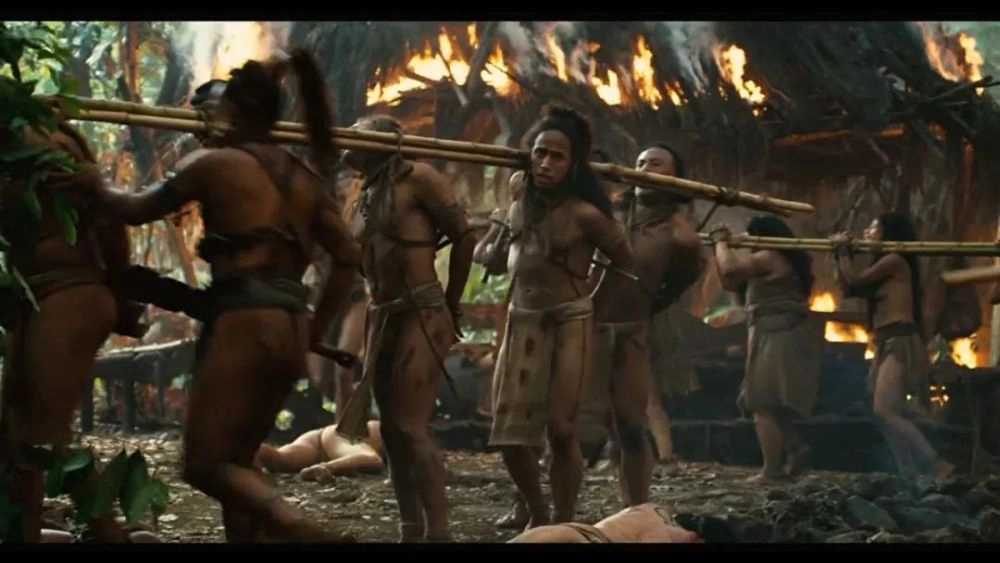
But Jaguar Paw’s father was not wary of this, and took everyone to flee the village, but let the tiger paw let go of fear and continue to live in peace.
However, in the early morning of the next day, Jaguar Paw woke up in a nightmare and immediately witnessed the sudden attack by the aggressor.
After some resistance, Jaguar Paw hid his wife who was about to give birth in an underground pit, but he and other tribe members were captured and escorted away.
Along the way, Jaguar Paw witnessed crop failures caused by drought, and saw the plague ravaged the entire village almost to extinction.
Of course, the biggest consternation was the hometown of these invaders: the Mayan city-state.
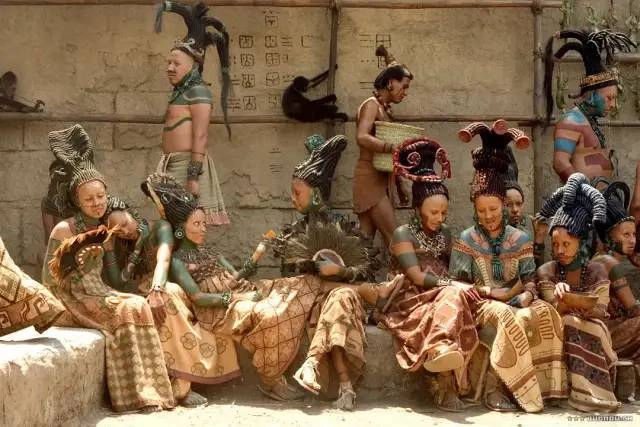
Here, there are extremely extravagant women and upper-class nobles, as well as poor people and slaves who are hungry everywhere.
There are magnificent styles of high pyramids, and even the unkempt and shabby structures of wooden branches and bamboos.
Jaguar Paw, who has always lived by the water in the forest and hunted for a living, after seeing all this, feels that he has entered a paradise outside, and at the same time he has fallen into a hopeless purgatory.
In fact, all that awaits him is heartache, decapitation and death.
Due to the increasing drought, the kings and wizards of the Mayan city-states set up sacrificial platforms on the high platforms of the pyramids.
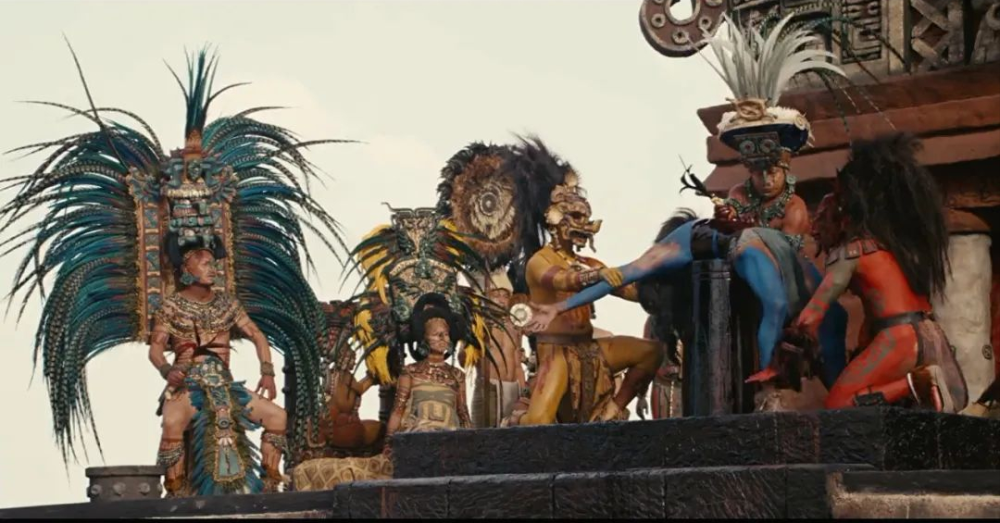
The slaves of the middle-aged men who were taken from all directions were dragged to the altar one by one to take out the beating heart alive, then cut off their heads, and threw down the pyramids, and finally rolled the corpses down.
When the wizards worshipped tens of thousands of people and couldn’t cover the scorching sun, but when they were on the sacrificial platform at Jaguar Paw, a solar eclipse appeared in the sky.
The people under the pyramid were horrified, and the wizard immediately announced with joy that the sun god had eaten enough living tributes. Jaguar Paw was therefore lucky to escape temporarily.
But then, the wizard asked the leader of the aggressor to deal with Jaguar Paw and his companions privately.
When the invader leader hunted and shot Jaguar Paw with a playful mentality, Jaguar Paw managed to escape and killed the invader leader’s son.
A long hunt for Jaguar Paw alone began.
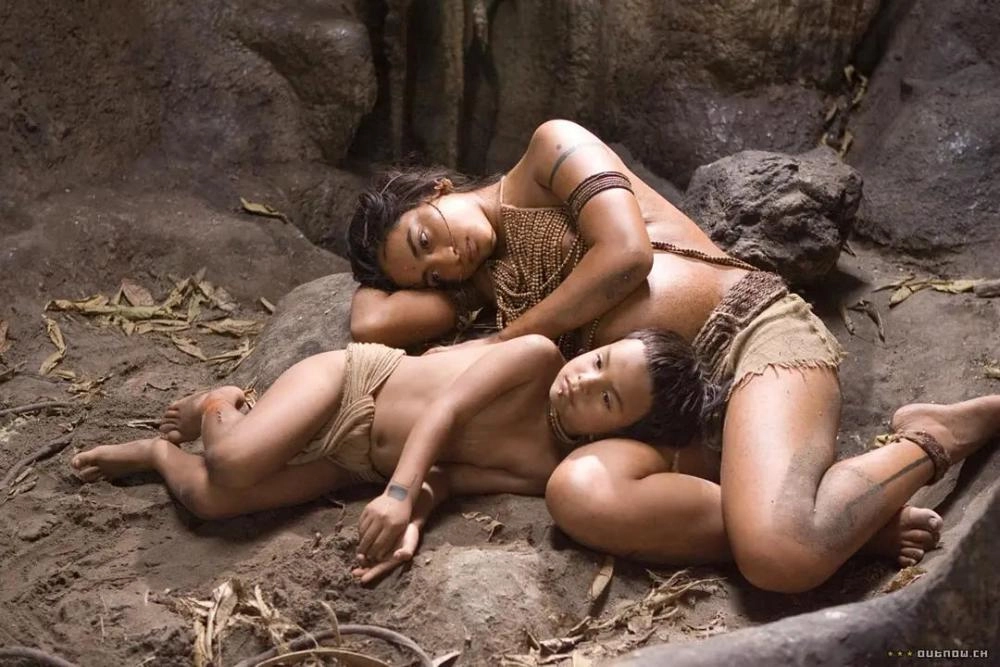
In the subsequent counterattack, Jaguar Paw took revenge and killed the invaders who had killed his tribesmen, and finally rescued his wife and children who were nearly drowned in the rainstorm, and the family fled into the deep forest.
At the end of the film, it ends with the appearance of Spanish army ships and Christian priests.
This historic moment tells us that this year should be 1519.
In the following centuries, Spain massacred the Indians, plundered their property, and used it as a new colony.
However, before the appearance of the Spaniards, we would not have too much likes and dislikes about the Indians or Mayan city-states in the film.
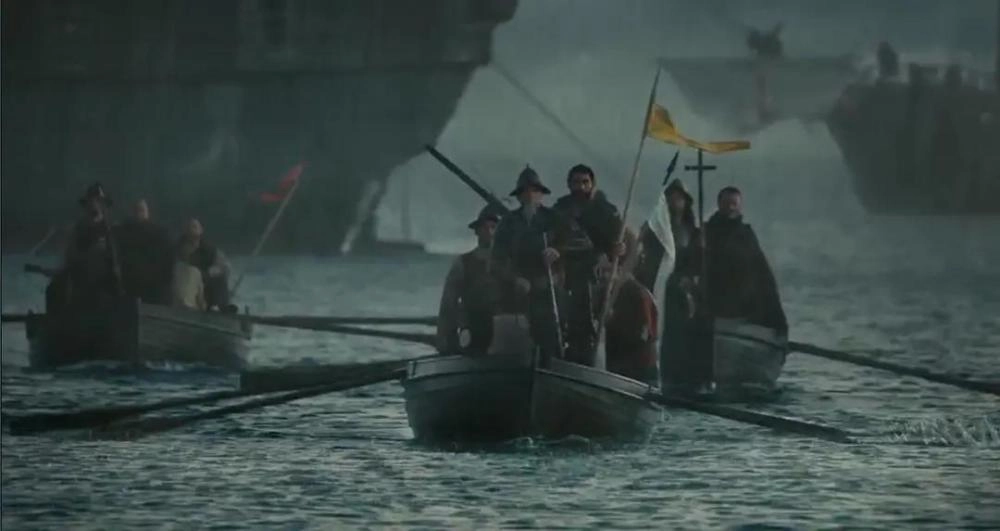
The reason is that director Gibson tried his best to maintain restraint. He just looked up at this unique culture from an anthropological perspective.
In the beginning, the Mayan invaders’ invasion of the Indians in the forest was nothing but an inevitable and common tribal conflict in the cracks of history.
Just because we are preconceived and look at the world from the perspective of Jaguar Paw, we will naturally worry about the dangers of his wife and be worried about the murder of his father.
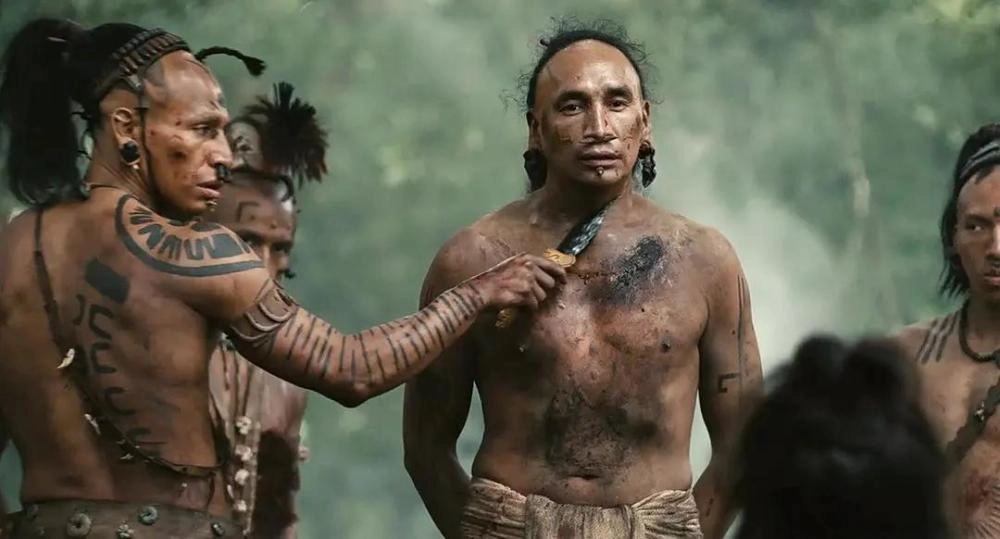
But when the film captures the Mayan city-states in detail and carefully observes the individuals of each class, we will only be curious about this civilization.
Just like watching “Sedek Bale”, I am just curious about the life of the Seediq people.
When we finally saw the Spaniards finally landed with this circumspect mentality, and realized that the two civilizations began to collide fiercely, a sense of sadness and reflection came to our minds unexpectedly.
Because the story of a single civilization is only a narrative art; and the conflict between two civilizations is a critical art.
The former will only provide irrelevant texts, while the latter will give rise to historical reflections.
Just as we can leisurely chase the Qing Dynasty palace fighting drama, or the historical drama.
However, we cannot remain calm in the face of film and television dramas about the Opium War and the Sino-Japanese War of Jiawu.
Gibson’s last magical touch in “Apocalypto” opened up all the story lines before the film.
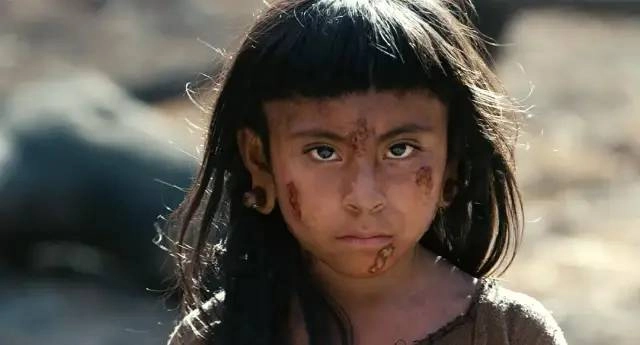
It turns out that the so-called “Apocalypto” not only refers to the protagonist Jaguar Paw, but also refers to the demise of the Mayan civilization.
When the little girl suffering from the plague said that prophecy, we thought it was just a hint of Jaguar Paw’s revenge for the invaders.
In the second half of the plot, Jaguar Paw first made a mistake and led the panther to the invader, then fell into the mud, awakened and began to take revenge.
In short, every step in Jaguar Paw’s escape coincided with the little girl’s prophecy, allowing the invaders to be punished.
However, the real intention of this prophecy was the destruction of the Mayan civilization by the Spanish and the massacre of the Indians.
Here, Mel Gibson, like David Griffith in “Intolerance: Love’s Struggle Throughout the Ages” a hundred years ago, reproduced the ancient Babylonian civilization with a giant pen like a rafter. He also made the Maya civilization fierce. Internal contradictions are presented.
The cost was huge, and countless slaves used lime to paint the buildings, but it was based on aesthetic and religious considerations.
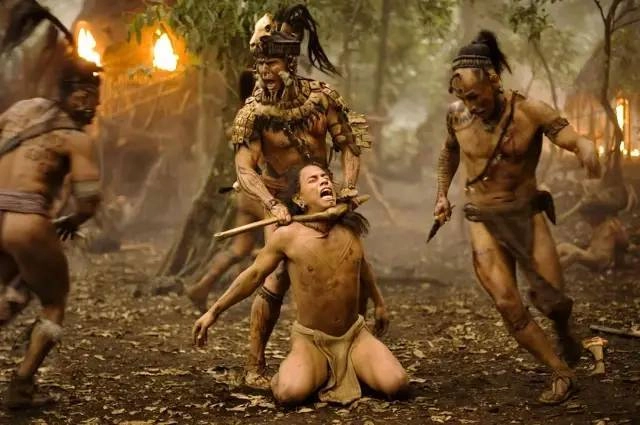
They invaded Indian tribes everywhere, used living people as sacrifices, cut their heads out of their hearts, only because of superstitious worship to the gods and begging for rain.
On the other hand, the Western civilization represented by Spain, scientific, military, economic and social changes, all give it the advantage of crushing the Mayan civilization.
Is Gibson risking the world to reverse the history of the slaughter and aggression of the Spanish predators?
Not so, he has always touched those bloody and cruel moments in history with a reflective attitude.
“Braveheart” takes William Wallace, a famous national hero in Scottish history, as the protagonist, telling the story of his life and death.
“The Passion of the Christ”, the camera is close to the last part of Jesus’ life-suffering.
The whole process of Jesus wearing a crown of thorns, being beaten with a whip, dragging a heavy cross, nailing his palms and feet, and being poisoned by the scorching sun.
Some people say that Gibson is a director who exploits cruelty, more precisely, physical pain.
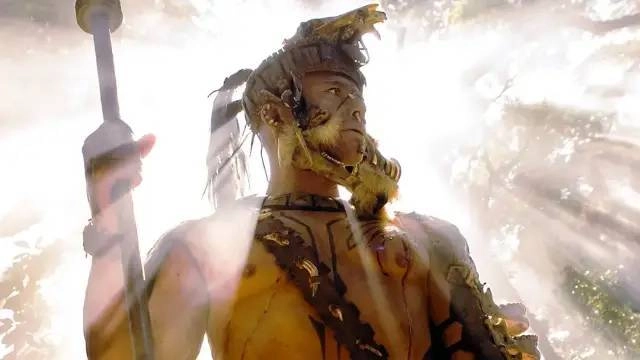
Indeed, even his most recent film, “Hacksaw Ridge” in 2016, although the subject matter is quite thematic.
But still let a medical soldier who doesn’t kill the enemy but saves his comrades soothes the cruel wounds.
When the bloody and cruel large-scale picture becomes the most direct object of expression under the lens, it has a brand-new meaning, which is the price, symbol and essence of blood.
For the film “Apocalypto”, whether it is a living heart or a face bitten by a black panther, it is an imaginary of that barbaric era, a metaphor for the decline of civilization.
Regardless of these deep cores, Gibson’s exploration of the types of chasing action movies makes “Apocalypse” worth watching.
In the process of Jaguar Paw being chased by the invaders, we seem to see the unique atmosphere of the car chase action movie.
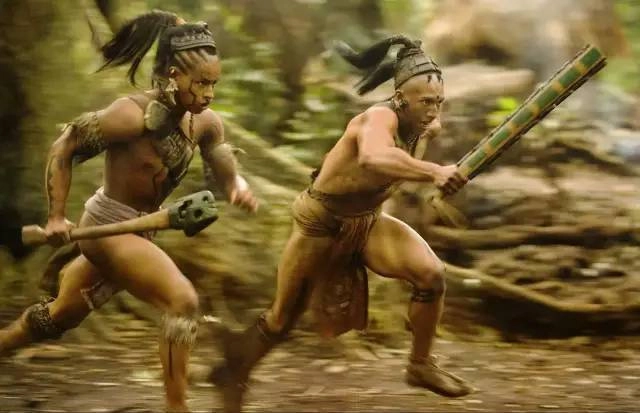
The running feet are like wheels; the invaders tracking separately are like sports cars of different colors.
Tropical forests, grasses, muds and waterfalls correspond to different racing tracks and environments in the process of chasing cars.
Black panthers bite their faces, hornet’s nests hit the invaders, rocks under waterfalls, flying needles coated with venom, which can be regarded as crashes, grenades, speed cars and bullets.
These are actually the innovative ideas that Gibson had produced before he made the film.
But compared to the vulgar car chase movie, the more than 20 minutes of running chase scene in “Apocalypto” has unprecedented novelty.
However, it is a pity that this movie, which has a good performance in terms of core, subject, and genre, has only been evaluated by nearly 70,000 people on Douban.
After all, in today’s Hollywood movie environment, perhaps such movies will never be born again.
